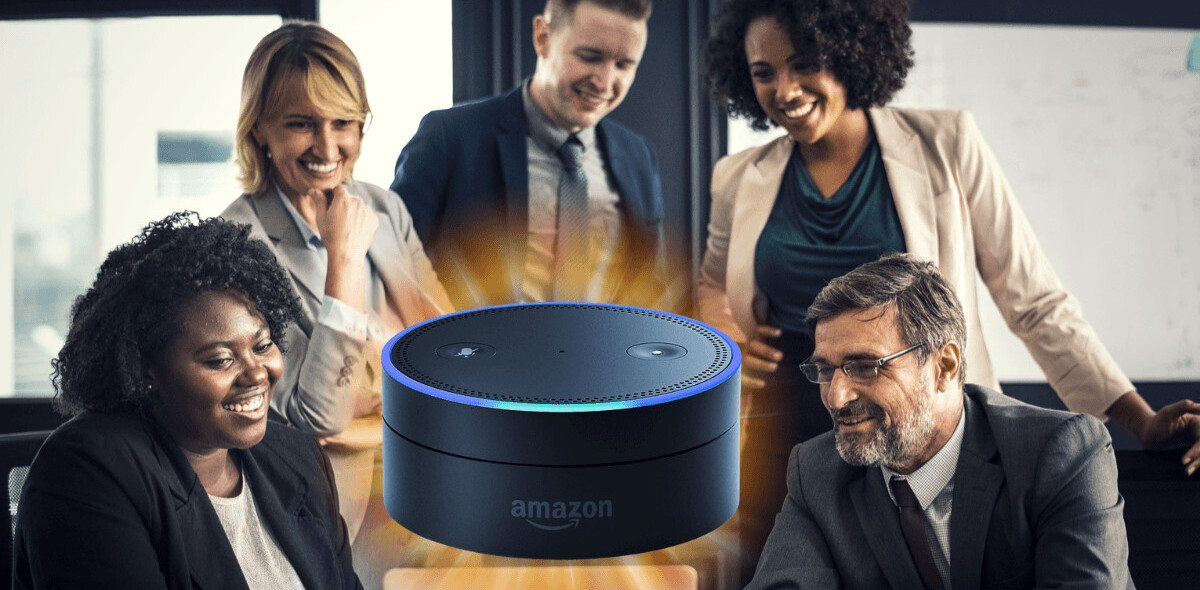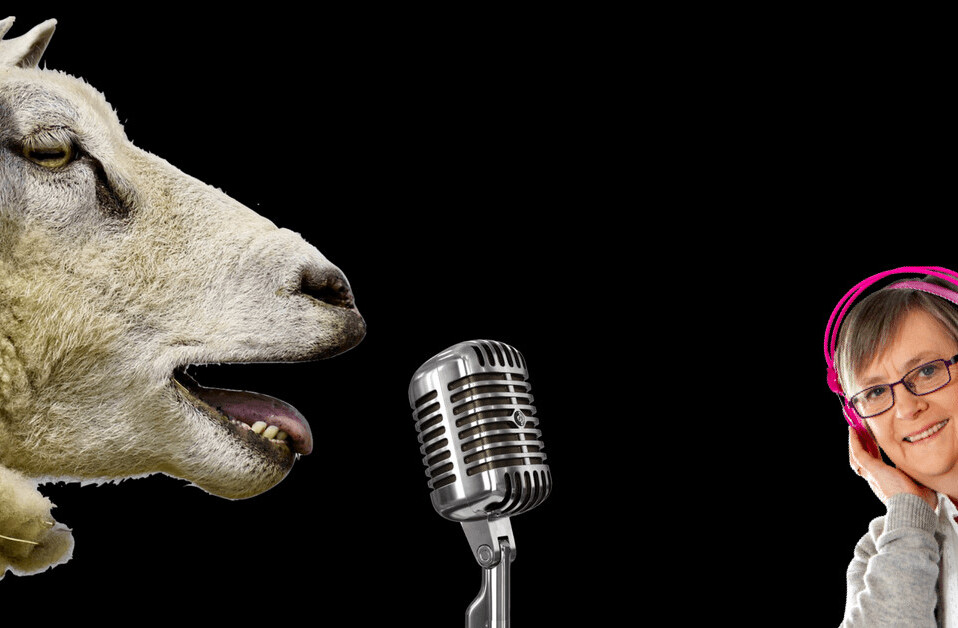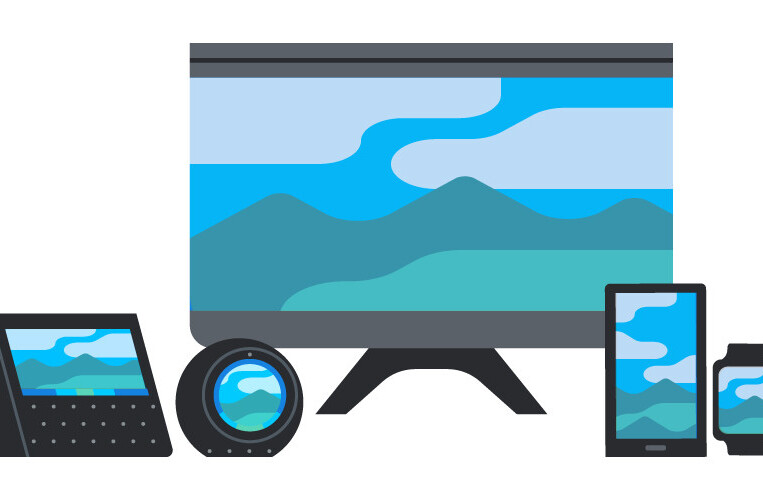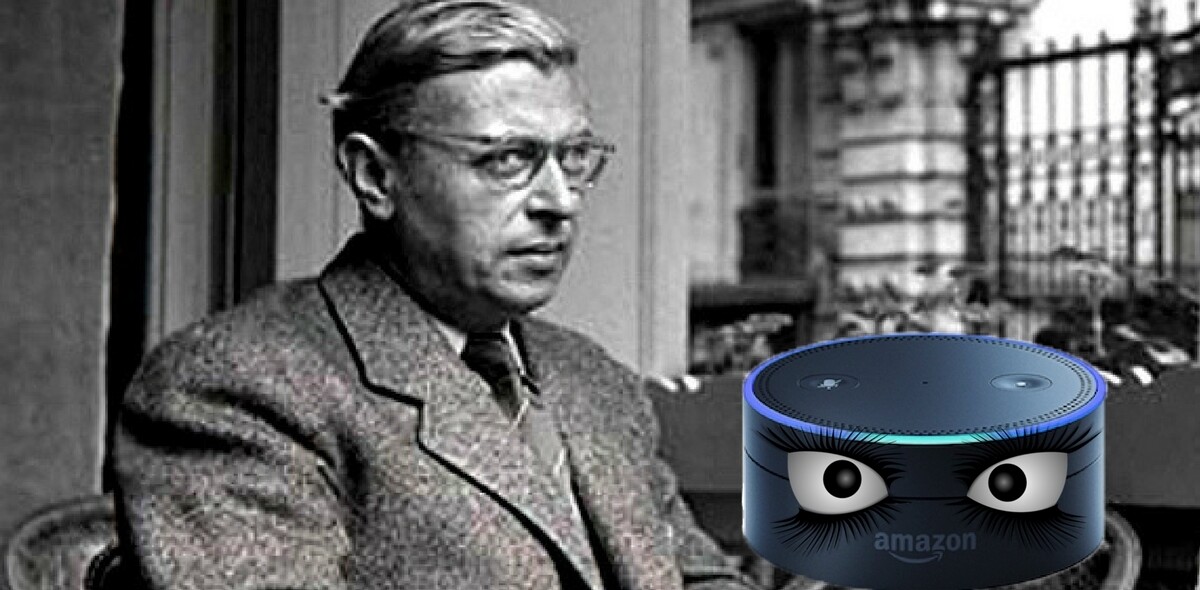
Ah, welcome welcome.
I see you enjoyed last week’s edition and are back for more. Well we won’t disappoint. For the uninitiated (go back and start at post one, please) the team at TNW has made a New Year’s Resolution to read a bit more. So every week, a select number of our team will share with you what’s currently living on their nightstand, or saved in Pocket, or is sitting in that browser tab begging to be read.
This week we have topics as diverse as food deserts in New York, how VR is helping kids work out what careers they’d like to get in to and the inventor of the pop-up ad meditates on what the internet would look like if it was free of advertising.
Happy reading!
Welcome To The Post-Work Economy – Co.exist
Searching for some articles on the future of the economy, I came across this one and in the first paragraph I was hooked.
The article explains the concept of “Universal basic income” – a “minimum wage” that the state would give to people, enough for them to live.
The article talks about the consequences of the UBI, such the state being able to invest in other areas like technology, the automation of some jobs we have now and how that would affect people and their jobs.
On the other hand, even if people lost their jobs for machines, they argue that people would be able to focus more on their studies and that would improve their lives.
The piece ends with the fascinating question: will states give away money for free in order to truly improve the economy and society?
– Stan van Soest, Email Marketing Specialist
New York’s “Food Desert” Myth – City Journal
Healthy food supply is a topic my American colleagues bring up quite often during lunch at the office, however I’ve always found it quite hard to feel and share their massive concern.
I come from the Italian countryside where I can eat fresh vegetables from my mum’s orchard. I also live in Amsterdam, the heart of Europe, where the fresh food markets are on every corner.
That was until a few days ago when I stumbled upon this article. I have to admit it left me quite moved. A couple of things really shocked me about the food culture in America.
First, New York, the city of dreams can’t tackle the basic human necessity of people having healthy well-balanced meals or even having a meal at all.
A few measures have been implemented to help, such as a $5 million municipal farm-subsidy program and the Green Card program. However, this is still not enough. Secondly, the most sad thing of all is the paradox that starvation and obesity lay side by side.
I can’t judge the actions taken so far, nor am I able to suggest the perfect solution. However, I believe we should take the issue seriously and increasing awareness is a good first step.
We just celebrated Earth Day last week, and I think this is a great stimulus to help find a better structure for people worldwide to have a more sustainable and balanced diet.
Here’s my wish to New York and to the whole world, may we grow a forest out of this desert.
– Agnese Bearesi, Startups Liaison
Expeditions career tours can take kids to work, virtually – Google Blog
Google Expeditions is a pioneers program that aims to bring different set ups of the world to classrooms everywhere in the world through VR technology. The possibilities of the program and the virtual reality technology are endless and it gave Soledad O’Brien her great idea.
She is the CEO and founder of Starfish Foundation, which provides mentoring and financial assistance so kids can go to college.
She found by watching her own kids, that many times, students don’t know what career to persue simply because they don’t have the opportunity to get in touch with people in their respective professions.
So she partnered with Google Expeditions to map out the daily lives of many professionals in different areas to give children and adolescents the chance to “live” that career and see if they like it. The article even shows how a kid could experience the cockpit of a plane and learn all about it.
It is a modern version of “Take Your Kids to Work Day”.
– Renata Ilman, PPC Specialist
The Internet’s Original Sin – The Atlantic
The Christian concept of original sin refers to the inherent state of sin of humanity – inherited from Adam and Eve’s disobedience in the Garden of Eden, where they ate from the Tree of Knowledge. It states that humans are born sinful as a result of someone else’s mistake.
By invoking original sin in his title, Ethan Zuckerman (the writer of the original javascript code for the ‘pop-up’ ad) describes the central idea of his article: despite his good intentions to make the Web better, he inadvertently ended up inventing what became a major driver for the ad-based Web (read: a Web born in sin).
Zuckerman uses this article as a platform to explore the idea that the Web can, and should, be made better and more secure by ditching the ad-based model.
Though at first advertising provided a way for net-based businesses to make money while keeping the internet free (and free of direct transactions, which were a public security concern), it has, to some, become the least appealing aspect of the modern Web.
With so many internet businesses, startups, and publishers struggling to find new and novel ways to monetize in a world where traditional Web ad revenue is continuously in decline, the question of where the Web can go from here (and what business models will get it there) has never been more pertinent.
Zuckerman doesn’t offer much in the way of concrete solutions, but the article itself is a great read and a good thought experiment. What could the web look like without advertising?
– Jelle van Wijhe, Project Manager at Index.co
Get the TNW newsletter
Get the most important tech news in your inbox each week.




